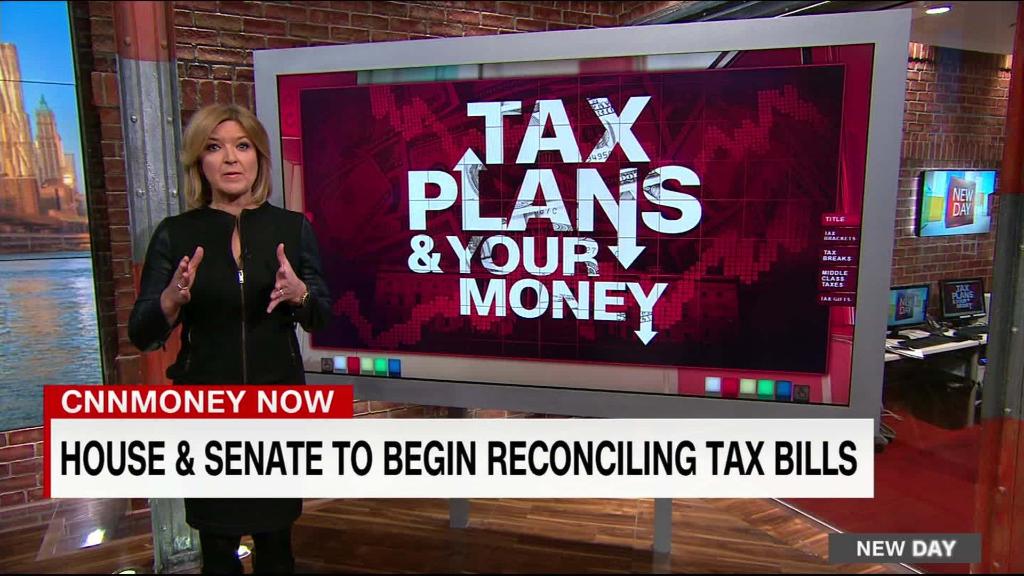
One of the late-night, last-minute changes to the Senate's tax reform bill is a huge break for auto dealers.
The tax reform bill will lower taxes on many corporations, as promised. But in its original form it would have meant higher taxes for most car dealers.
That's because the bill imposed new limits on the interest payments businesses can write off, capping any deduction at 30% of a company's income.
Auto dealers pay a lot more in interest than many other businesses because they use loans to buy the cars from automakers that they then sell to consumers.
But late Friday night, the auto dealers' lobbying organization won a change in the bill that makes these auto dealer loans exempt from the bill's new interest deduction cap.
"Without the change [in the legislation] you would have seen dealers having significantly higher tax liability," said Jared Allen, spokesman for the National Automobile Dealers Association. To make up for that, he said, they would order fewer cars from the automakers.
The same change was made to the House version of the bill, which means that the new language will probably make it into the final version of the law.
The cost of giving dealers the interest payment tax break hasn't been calculated. The 30% cap on interest deductions was expected to raise tax revenue by about $300 billion over the next 10 years, but only a fraction of that would have been accounted for by auto dealership loans.
Related: The Senate tax bill would allow oil drilling in the Alaska wilderness
Even if this tax breaks won't cost all that much, it's an example of what's wrong with the tax reform process, said Howard Gleckman, editor of the blog TaxVox, and senior fellow at the nonpartisan Tax Policy Center.
"It's what one of my colleagues likes to call 'tax deform,' rather than tax reform," Gleckman said.
He said that tax breaks aimed a specific industries or even specific companies were supposed to be eliminated in return for lower corporate tax rates on businesses.
These types of tax breaks are inserted into bills in order to win the votes of specific members of Congress and get the legislation passed. In this case, the language came from Sen. Rand Paul, an early critic of the bill who ended up voting for it.
"It's not surprising it was included," said Gleckman said, referring to the break for dealers. "Congress has been doing this since there's been tax legislation."
13 ways the tax bills would affect people: Senate and House differ on key points
Auto dealerships have quite a bit of political sway. They are spread fairly evenly across all 435 congressional districts, and are often major contributors to congressional and legislative races. And they employ about 1.1 million people, more than the number of people who work building cars and auto parts.
"Almost every congressional district has a significant number of jobs in dealerships," said NADA's Allen. "The members of Congress understand they are small business owners who employ locally, pay taxes locally. We make very good neighbors and constituents for thousands of communities."
Besides auto dealers, the tax break also stays in place for other dealerships that sell trucks, recreational vehicles, farm equipment and construction equipment.

